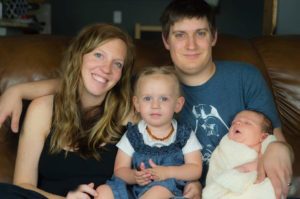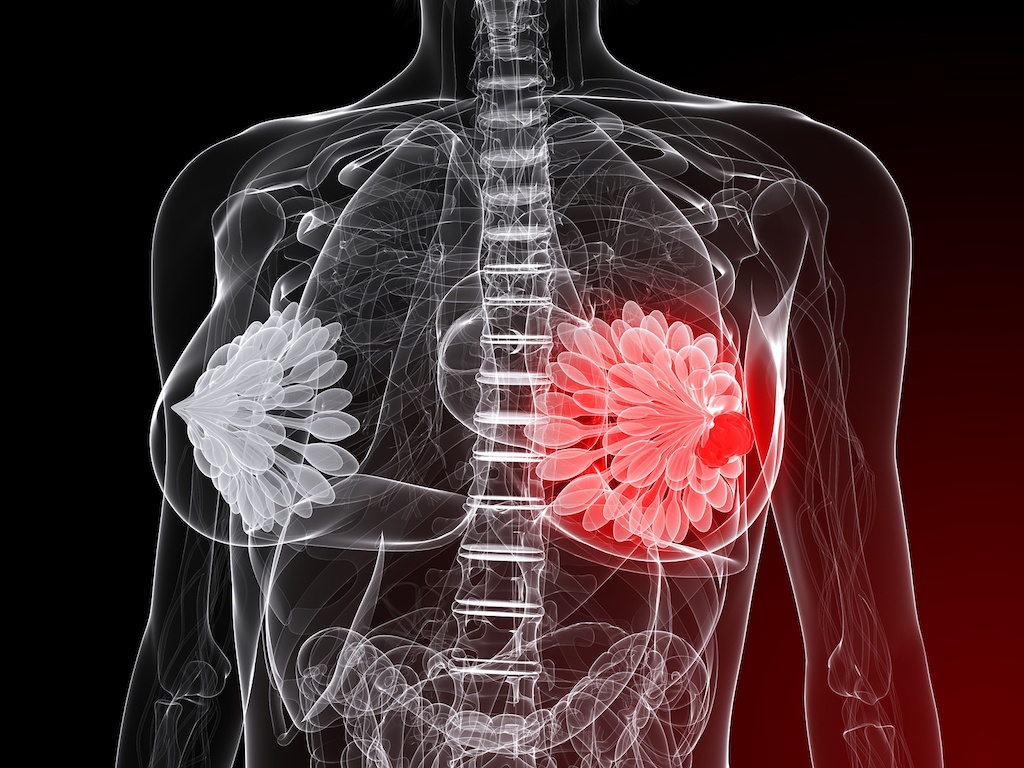“Working together, ordinary people can perform extraordinary feats. They can push things that come into their hands a little higher up, a little further on toward the heights of excellence” -Anonymous
Last April, 34-year-old Rebecca was diagnosed with a breast cancer gene (BRCA 1) mutation. Her story is one of many illustrating the benefit of Baylor Scott & White‘s comprehensive breast care team. Rebecca started her journey when she was prompted to visit with a high-risk breast specialist to discuss her family history of breast cancer. This was her first introduction to a crucial member of our breast care team. Because of her family history, hereditary breast and ovarian cancer genetic testing was recommended.
Two weeks later, she met with an oncologist to discuss results and treatment options. With a BRCA 1 mutation, Rebecca had roughly an 85 percent lifetime risk of breast cancer and around a 40 percent lifetime risk of developing ovarian cancer. Typically, an average woman has roughly a 12 percent lifetime risk of developing breast cancer and less than a 1 percent chance of developing ovarian cancer.
Rebecca and her oncologist spent time discussing her diagnosis and developing a treatment plan that met her specific needs. She had her first mammogram and breast MRI in 2014; she also had her second child in 2015. Along Rebecca’s journey, her care has been furthered by the providers that comprise our breast care team including: a medical oncologist, radiologist, genetic specialist, clinical nurses, general surgeon and plastic surgeon.
“Typically, an average woman has roughly a 12 percent lifetime risk of developing breast cancer”
The diagnosis and management of a hereditary breast and ovarian cancer gene mutation is a complex process and patient care requires a coordinated team effort. To provide the best level of care requires the expertise of many highly trained individuals. The providers involved in Rebecca’s care are all a part of Baylor Scott & White-Round Rock’scomprehensive breast care team. This team approach brings together specialists from several fields allowing their knowledge, skills and talent to work together, and patients can benefit from a wide range of knowledge from the many different disciplines involved. The trust that a patient and their family develop by working consistently with one team fosters comfort, communication, camaraderie, and long-term relationships resulting in a patient and family centered approach to care.
She has planned upcoming surgery in the next few years. Rebecca knows we are here for her and her family, and she’s comforted by our dedication to helping her decrease her risk for developing breast cancer. When asked about her care, Rebecca was most pleased with “the convenience of having everything in one location. I had my mammograms, MRIs, labs and follow-ups all in the same building.”

When it comes to breast cancer, proactively seeking knowledge and proper care is fundamental in reducing your risk. Some increased risks for breast cancer can include:
- Family history of breast cancer in a premenopausal woman
- Multiple family members with breast cancer
- Family history of breast cancer in males
- Family or personal history of ovarian cancer
- Personal history of a breast biopsy with a structural abnormality, called an atypia
- History of lymphoma with radiation to the chest wall
If a woman has one of these risk factors, it is important to seek information at a high-risk breast clinic. The patient may require hereditary breast and ovarian cancer genetic testing, additional surveillance, imaging, and attention to decreasing the risks of developing breast cancer.
For more information call 512.509.0200 or visit www.roundrock.sw.org.







Recent Comments